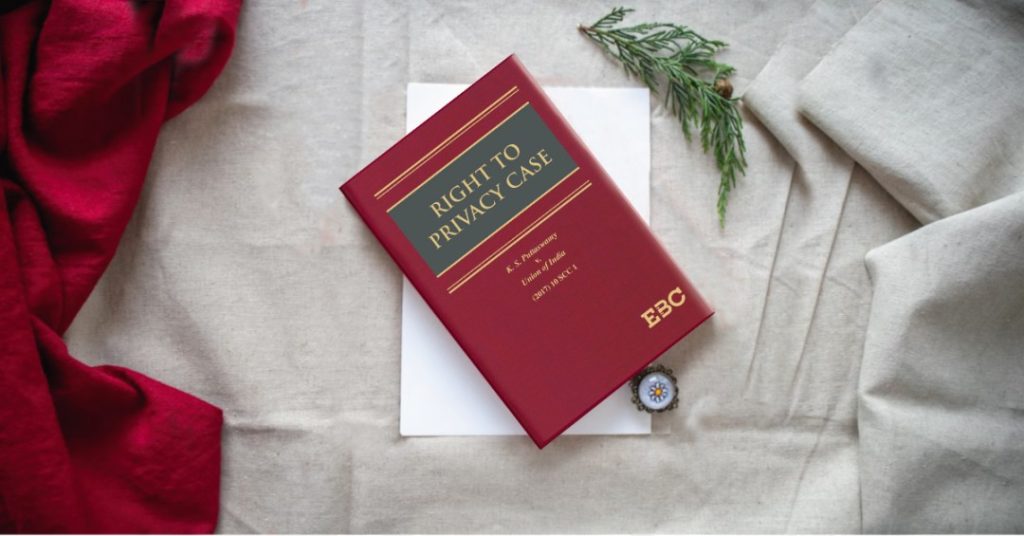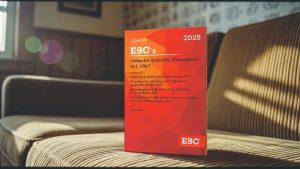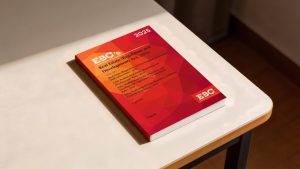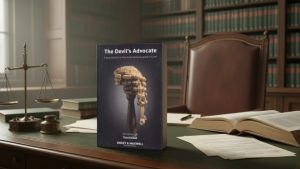
A Landmark Judgment That Reshaped Fundamental Rights
In a historic decision that transformed the landscape of constitutional rights in India, a nine-judge Constitution Bench of the Supreme Court unanimously ruled that the right to privacy is a fundamental right, protected under Article 21 of the Constitution.
The case that led to this watershed moment was Justice K.S. Puttaswamy (Retd.) v. Union of India, widely referred to as the Right to Privacy Case. It didn’t just reaffirm the value of personal liberty—it redefined it in the context of modern digital life.
The origins of this case lie in the debate over Aadhaar, India’s biometric identity system. As the government moved to make Aadhaar mandatory for accessing welfare schemes, bank accounts, and mobile services, concerns were raised about data protection, surveillance, and individual autonomy.
Justice K.S. Puttaswamy, a retired judge of the Karnataka High Court, filed a petition questioning whether privacy was even recognised as a fundamental right in the Indian Constitution.
The matter was eventually placed before a nine-judge bench of the Supreme Court to settle this foundational question—and the answer was a resounding yes.
Background: Why Was This Case So Important?
Key Takeaways from the Judgment
The Supreme Court’s ruling in 2017 was unanimous and far-reaching. Some of its major conclusions include:
- Privacy is a constitutionally protected right, derived from the right to life and personal liberty under Article 21.
- It also intersects with Articles 14 and 19, strengthening its place in the framework of fundamental rights.
- The judgment overruled earlier decisions like M.P. Sharma (1954) and Kharak Singh (1962), which had denied the existence of a fundamental right to privacy.
- It emphasized principles such as informational self-determination, bodily integrity, and personal autonomy.
This wasn’t just a judgment—it was a comprehensive re-articulation of what it means to live with dignity in a constitutional democracy.
To fully understand the depth and nuance of this landmark ruling, the Eastern Book Company (EBC) has published a definitive edition of the judgment, packed with valuable features for students, professionals, and scholars alike.
Key Features of the EBC Edition:
- Complete text of the ruling, as reproduced from (2017) 10 SCC 1, including original page numbering and paragraphing, making it fully court-citable.
- Contains detailed headnotes, editorial notes, and arguments from both sides, offering context and clarity.
- Retains all standard SCC features such as coram details, citations, and cross-references, making it a highly reliable reference.
- Rexine-bound with gold foiling, this edition is produced with an international finish, making it a prized possession for any legal library.
Whether you’re citing it in court, studying it for class, or analyzing it as part of research, this book is the go-to source for the Puttaswamy case.
Why the EBC Edition Stands Out
Impact of the Judgment
The recognition of privacy as a fundamental right has had a significant ripple effect on Indian law and society:
- It led to key parts of the Aadhaar Act being struck down in subsequent cases for failing the test of proportionality.
- It laid the constitutional foundation for India’s future data protection laws.
- It elevated discussions around digital rights, surveillance, consent, and state accountability.
In a world increasingly driven by technology and data, the ruling served as a critical safeguard for personal liberty.ok is the go-to source for the Puttaswamy case.
The Puttaswamy judgment was more than a legal decision—it was a constitutional evolution. It reaffirmed the idea that liberty is not a privilege granted by the State, but a right inherent in every individual.
By recognising privacy as a core component of dignity and freedom, the Supreme Court paved the way for a more balanced relationship between citizens and the State in the digital era.
And thanks to the meticulous work by Eastern Book Company, this judgment is now available in a form that is not only authoritative but also accessible. Whether you are a student of law, a practitioner, or simply an informed citizen, this edition is an essential resource.
Conclusion: A Modern Right for a Modern Age
Own the judgment that redefined rights. Study it. Cite it. Reflect on it– Right to Privacy Case (Justice K.S. Puttaswamy v. Union of India)
















